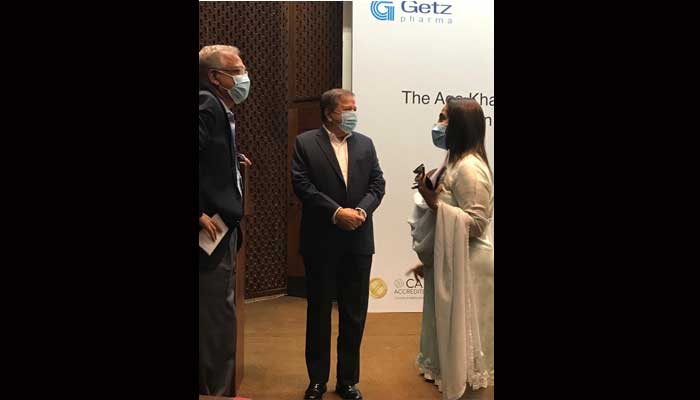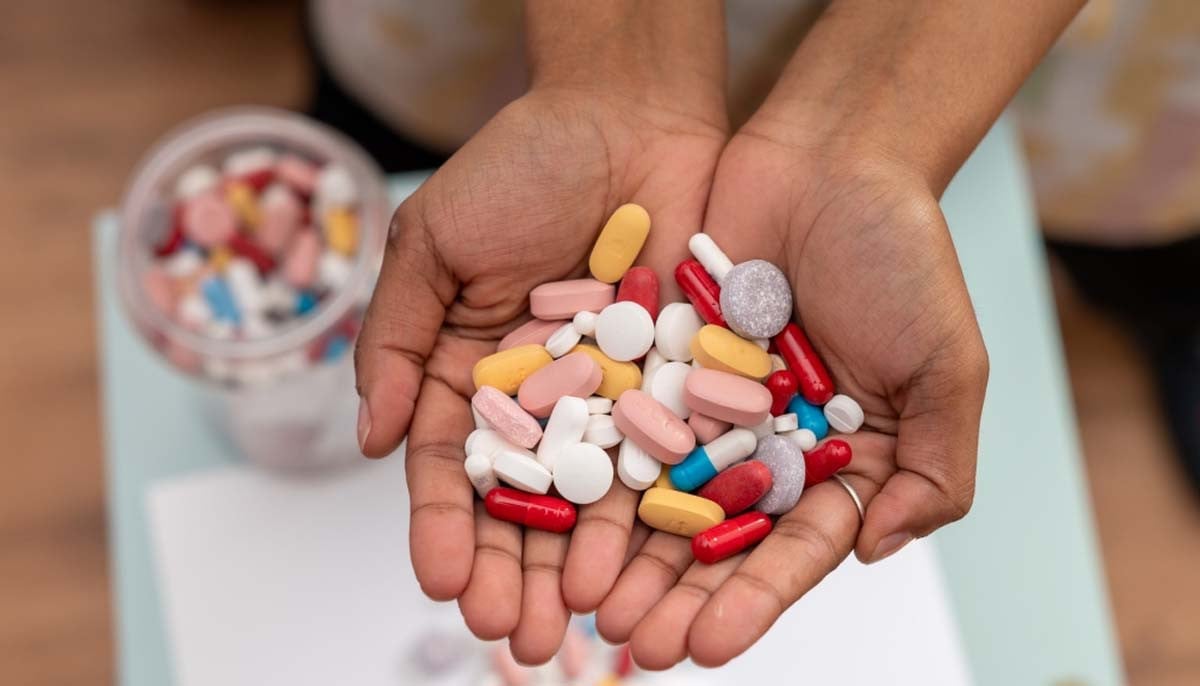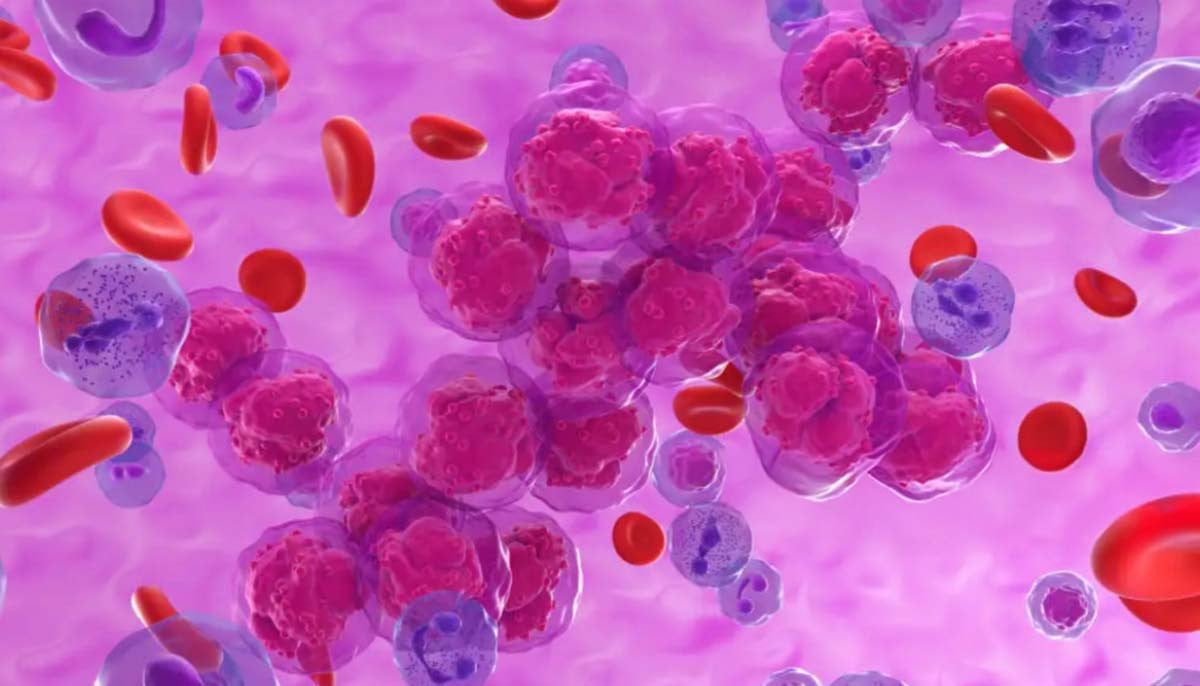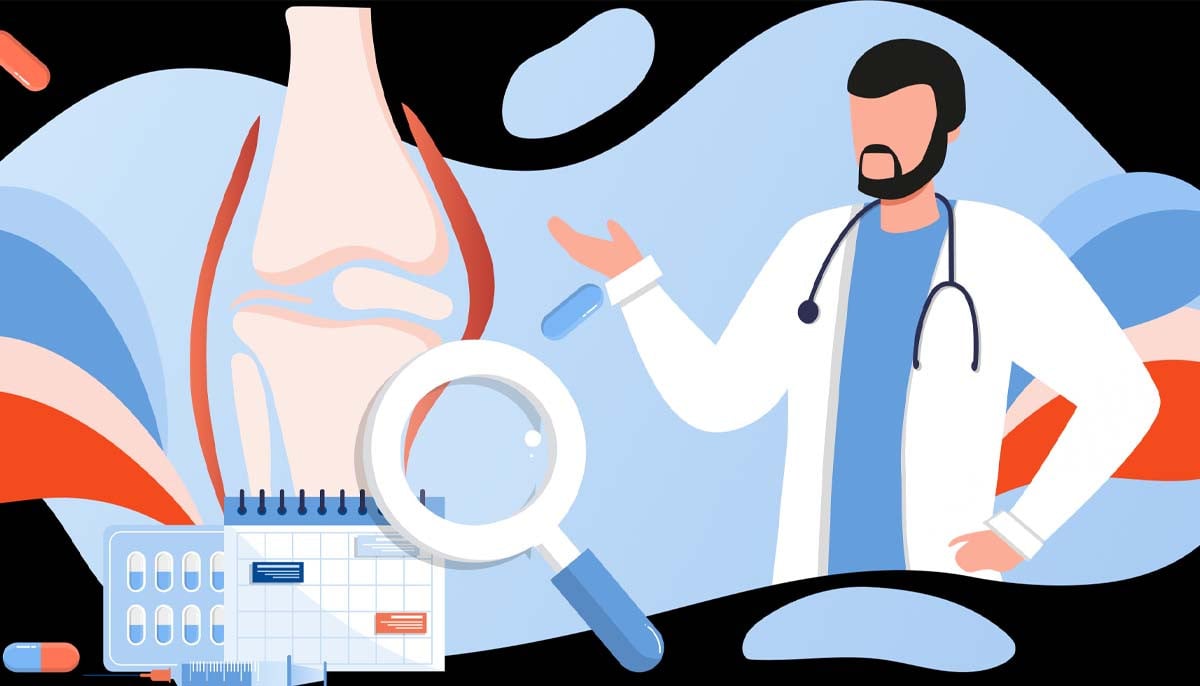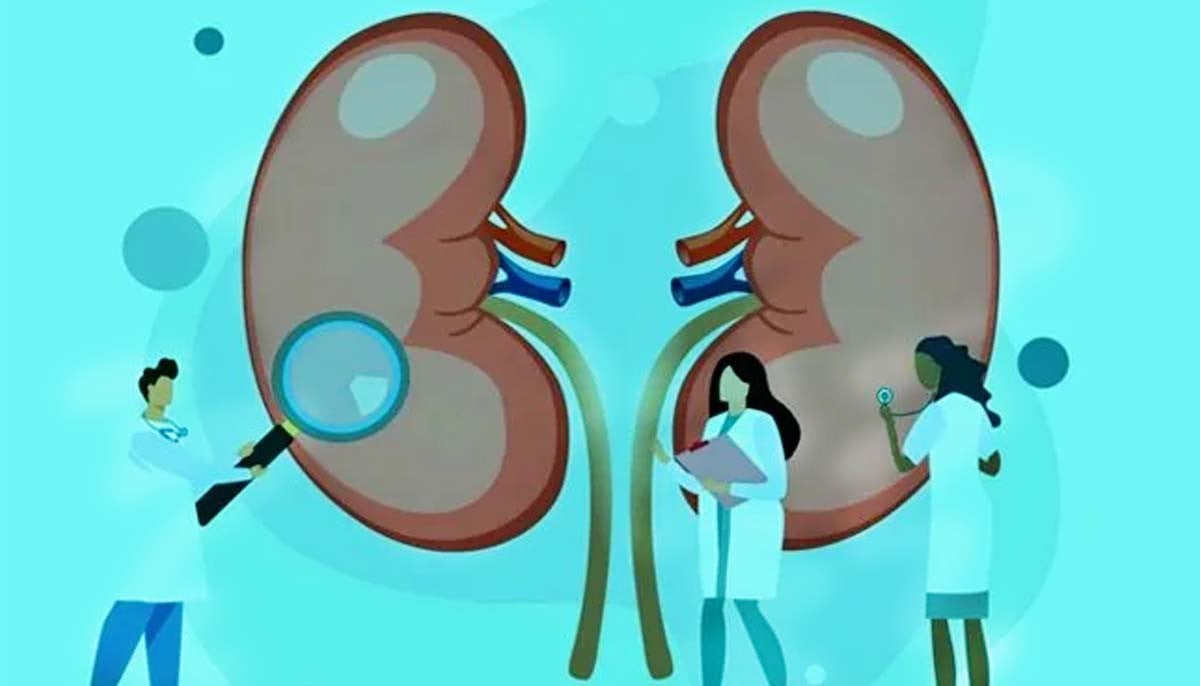Getz Pharma, AKU health network to combat Hepatitis C in Pakistan together
12,000 indigent patients from three provinces will be able to benefit from the programme via 11 Outreach Medical Centres
KARACHI: Prominent pharmaceutical company Getz Pharma and the Aga Khan University Outreach Health Network have paired up together to eradicate Hepatitis C in Pakistan.
According to a press release by Getz Pharma, the company has "pledged to make a significant in-kind donation of medicines to the Aga Khan University Outreach Health Network for its Hepatitis C Elimination Programme".
A ceremony was held in this regard on Friday, April 2, with strict adherence to all safety precautions for coronavirus.
The deal was inked by Getz Pharma CEO Khalid Mahmood and Aga Khan University President Firoz Rasul.
With the donation by Getz Pharma, Aga Khan's Outreach Health Network will make "high quality and holistic care" for Hepatitis C more accessible to patients belonging to lower-income groups, all over Pakistan.
The programme will spread over two years and it is hoped 12,000 indigent patients from Karachi, Larkana, Nawabshah, Jacobabad, Lahore, Rawalpindi, Multan, and Peshawar, will be able to benefit from it via 11 Outreach Medical Centres in three provinces.
Additionally, besides free medicines, Getz Pharma will support the establishment of a mobile clinic and a nationwide Hepatitis-C public awareness campaign.
“While our business goal has always been to provide quality and affordable medicines; we assign our social responsibility an equal priority, said Getz Pharma CEO Khalid Mahmood, while addressing the ceremony.
Aga Khan University's Outreach Health Network CEO Shagufta Hassan, for her part, thanked Getz Pharma for their "generous contribution" to the national cause of Hepatitis C elimination. “Today, we are a step closer to defeating this deadly virus," she said.
"AKU Outreach Health Network will continue to reach out to those in need of compassionate care and provide them with the highest quality standards at their doorsteps,” she added.
Dr Saeed Hamid, Professor of Medicine, AKU, while stressing upon the importance of eliminating Hepatitis C in Pakistan, said that the eradication of the disease "will prevent nearly 30,000 deaths per year in adults in the prime of their lives and drastically reduce the burden of liver cancer in the country".
Getz Pharma, in its press release, described Hepatitis C as a liver infection, caused by the Hepatitis-C Virus.
"It is often called a 'silent killer', because the infection produces few or no symptoms," read the statement.
It said that Pakistan bears the second highest burden of the disease, comprising at least 5% of the total population.
"While antiviral medicines can cure more than 95% of these patients, access to screening, diagnosis and treatment is low in most parts of the country," the statement noted.
With the joint cooperation of the two firms " accessibility for Zakat mustehiq and other financially challenged patients" will be made possible.
According to the statement: "In treating each Hepatitis-C patient, the Aga Khan University Hospital’s Patient Welfare Programme along with Getz Pharma and other corporate partners will together bear 75% of the total cost of treatment with the remainder to be provided by generous donors to AKUH or to the Patients’ Behbud Society for AKUH’s Zakat fund and Patient Welfare Programme."
The statement said that since AKU's Patient Welfare Programme began, "5.4 million patient visits have been supported thanks to the generosity of our donors, with a total PKR 21 billion disbursed".
It said that this has enabled the needy to access "quality treatment and care at AKUH hospitals, Medical Centres and Laboratories".
Furthermore, with financial assistance through the support of individuals and corporations, the Patients’ Behbud Society for AKUH has been able to provide financial assistance of more than Rs2.08 billion to more than 69,500 Zakat mustehiq patients since its establishment in 2001, the statement added.
-
Living with chronic pain? This simple technique may help
-
Are your daily nasal decongestant sprays safe? Find out what experts say
-
Why depression is more than 'just in your head'
-
Study finds your morning coffee could help with type 2 diabetes
-
Westfield Bondi Junction hero Inspector Amy Scott faces rare cancer diagnosis
-
Blood pressure medication linked with suicide risk? New study explains
-
Cold weather may worsen urinary problems, physicians warn
-
Daily fish oil supplements intake may reduce cardiovascular risks, heart problems
